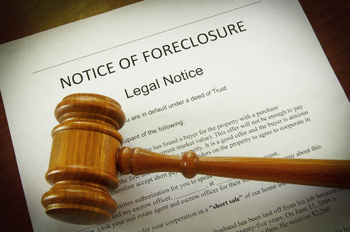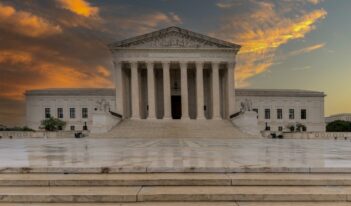
Mortgage borrowers begin to receive relief from $9.3 billion settlement.
Borrowers who faced foreclosure actions during the financial crisis are finally starting to see some long-awaited relief, although many may receive less compensation than they might have hoped for.
The Office of the Comptroller of the Currency (OCC) and Federal Reserve Board (FRB) recently announced that payouts to eligible borrowers with mortgages serviced by any of eleven companies that were part of a payment agreement reached earlier this year would be sent in waves starting on April 12.
Initially, mortgage servicers were expected to conduct independent reviews and compensate borrowers harmed only by wrongful foreclosure actions. However, after regulators realized that the costs and time required to conduct file-by-file independent reviews would be far too costly, the OCC, FRB, and thirteen of the servicers agreed that the servicing companies would compensate all borrowers who had foreclosure actions taken against them in 2009 or 2010—a total of 4.2 million borrowers.
Back in April 2011, the OCC and FRB ordered mortgage servicers to complete independent reviews of their foreclosure files to determine how many borrowers were harmed by wrongful foreclosure actions. At the beginning of 2013, after servicers had reportedly spent about $2 billion hiring consultants to review foreclosure actions without much progress, the regulators ended the independent review and reached a $9.3 billion settlement with thirteen of the servicers. Of that amount, $3.6 billion was set aside as compensation for borrowers harmed by wrongful foreclosure actions.
Servicers were then charged with reviewing their own files, and Comptroller of the Currency Thomas J. Curry noted that while the settlement “represents a significant change in direction . . . our new course of action will get more money to more people more quickly, and it will speed recovery of the nation’s housing markets.”
The payouts range in amount from $300 to $125,000, with the highest payments going to military personnel who were foreclosed on despite the protections afforded them by the Servicemembers Civil Relief Act and to borrowers who were foreclosed on despite never being in default. Under the settlement agreement, borrowers did not have to request a review—all 4.2 million borrowers who meet eligibility requirements will receive checks, whether for relatively small or quite substantial amounts.
Over 80% of borrowers will receive less than $1,000. In addition, the servicers have not acknowledged any wrongdoing. Nevertheless, the settlement arguably makes it more likely that all wronged consumers will see some compensation, and borrowers do not lose their right to take independent action against servicers by accepting their check.
The payment distribution process faced another hurdle this week, as many borrowers have reported issues when attempting to cash the checks they have received under the settlement. At least a dozen of the settlement beneficiaries so far attempted to deposit their settlement payments, only to have those checks bounce because of “insufficient funds.” It remains unclear how many of the over one million payment recipients have experienced such difficulties, though the FRB has released statement assuring consumers that the issue has been resolved.
Meanwhile, even as the payments go out, some lawmakers are calling on regulators to release more detailed information about the types of wrongs that were uncovered during the independent review process. While staff at the FRB reportedly responded that the data constitute trade secrets and cannot be released, some members of Congress argue that they need documents from the process to adequately review regulators’ actions.
Daniel Stipano, Deputy Chief Counsel of the OCC, noted that the OCC has a “long-standing policy” of not disclosing information gained during the bank oversight process out of a desire to encourage financial institutions to be forthcoming with regulators during the bank examination process.



